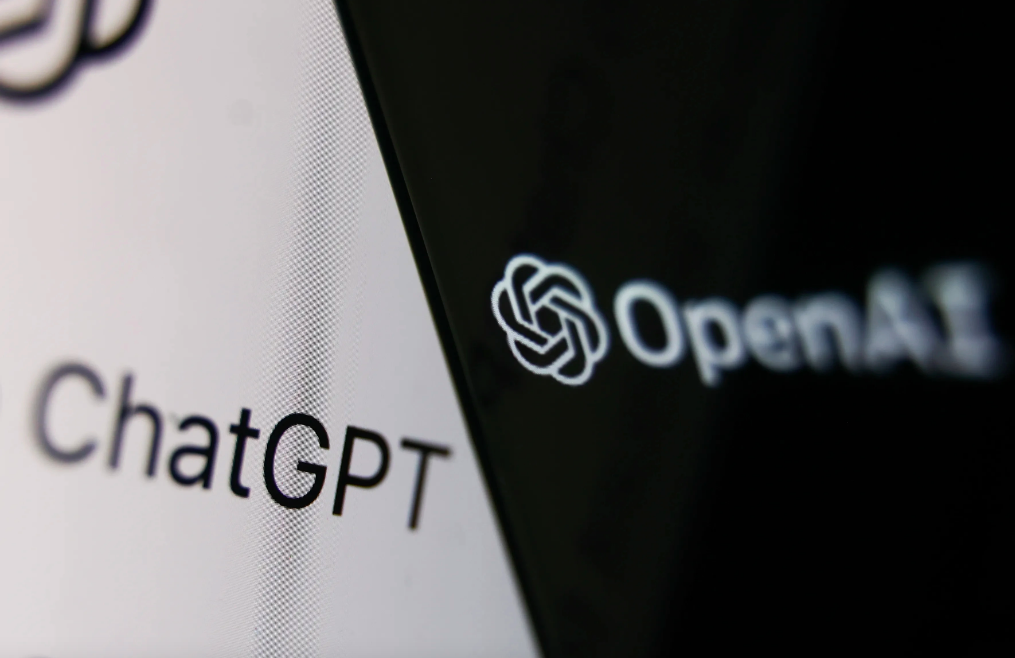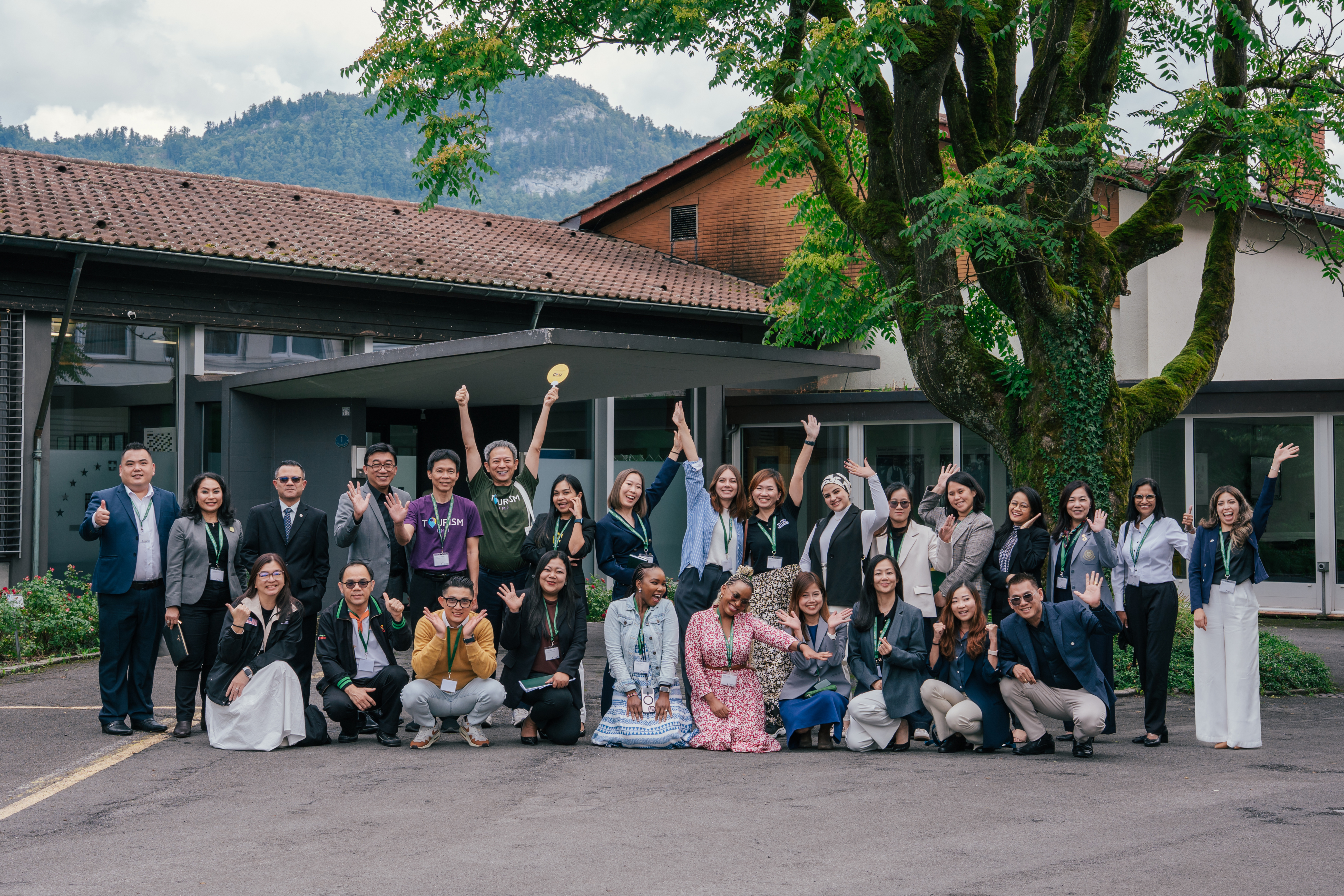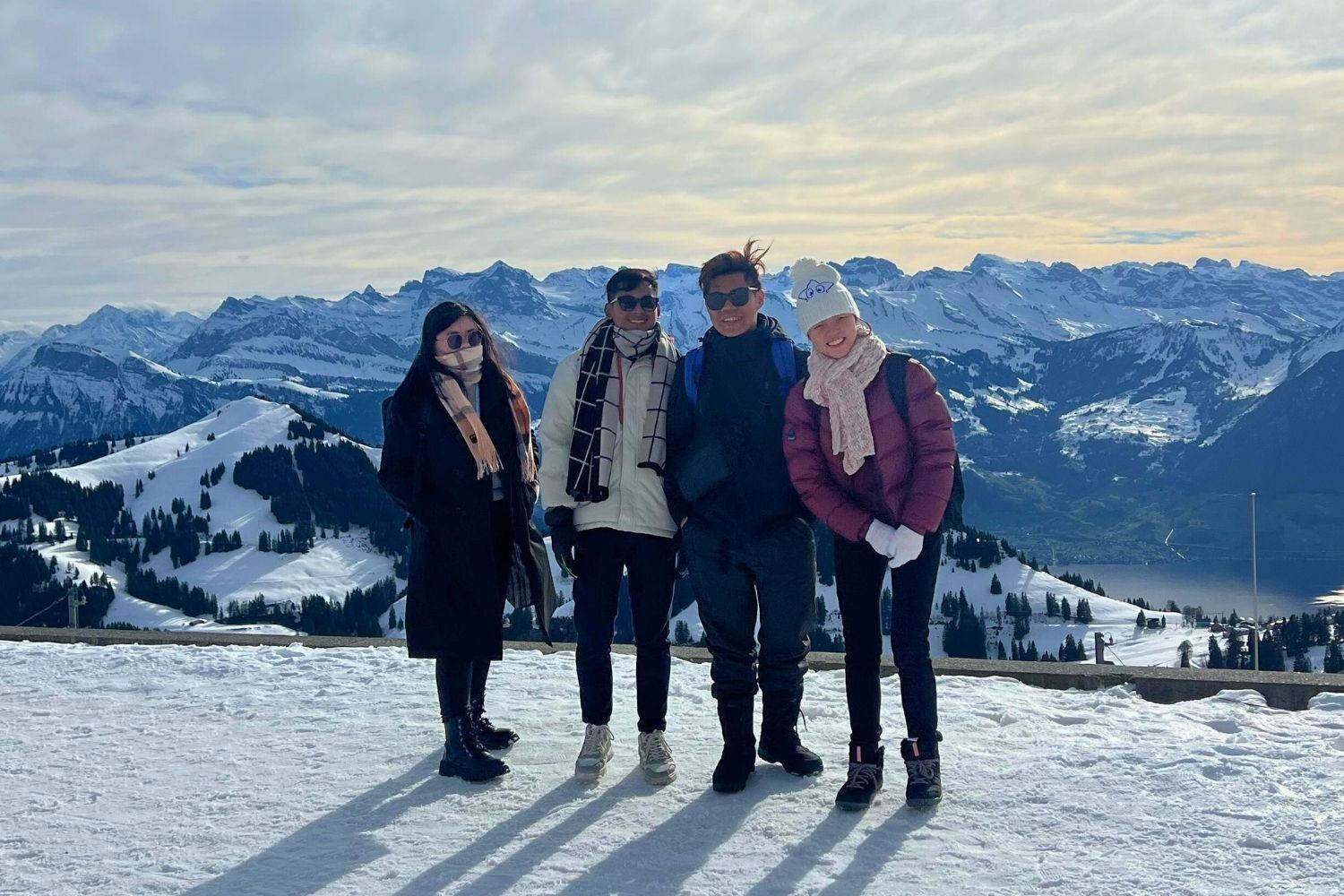ChatGPT and the Hospitality Industry
With the rapid evolution of the OpenAI software over the past few months, we examine what implications this new technology could have for the hospitality sector and its working practices..




If you were to casually drop the phrase "Generative Pre-trained Transformer" into conversation, the likelihood is 99% of people you were speaking to would look confused.
However, give it its more commonly used name - ChatGPT - and the chances of recognition are much higher.
This dichotomy neatly illustrates the gulf between familiarity and understanding that seems to exist with the new artificial intelligence phenomena that has taken the cultural imagination by storm.
So, before we examine the implications that this software might have for our particular area of interest - hospitality - here's a quick explainer video:
ChatGPT is a revolutionary artificial intelligence chatbot that first entered the common cultural consciousness around November 2022.
Developed by OpenAI, the technology has received heavy investment from Microsoft, giving it the resources and funding to become one of the biggest players on the digital technology scene.
Using the wealth of data available openly online as its learning tool, the software can provide responses to questions or requests that imitate human conversational styles and voice.
However, we are not just talking about a Google or Bing-like search engine here. The ChatGPT technology can be used to produce essays, reports, poetry and other creative assets to a high-degree of human-like accuracy.
Its transformer algorithm is built on a neural network that is arguably the closest AI has yet come to a model of the human brain.
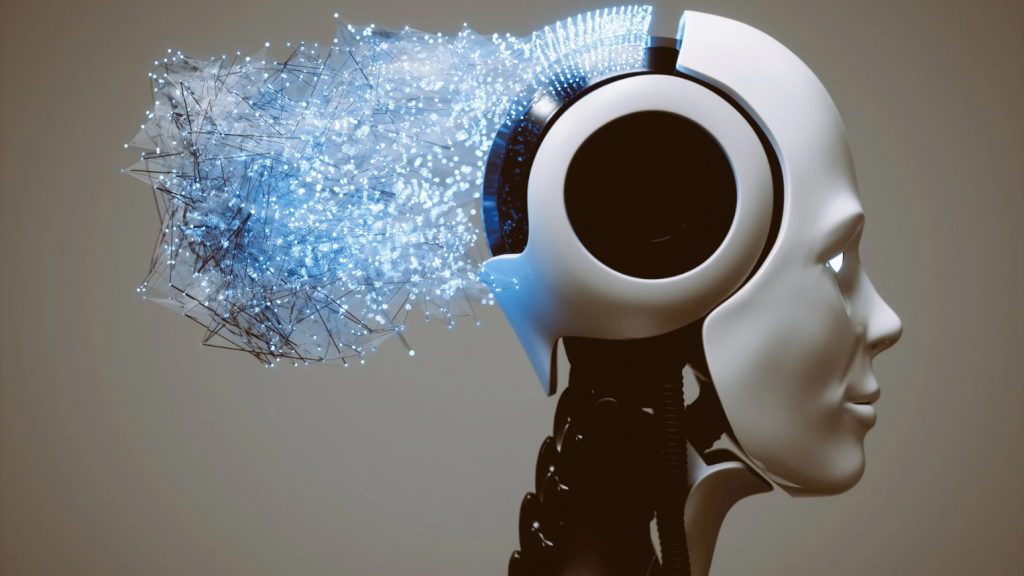
Any fans of sci-fi literature or films will be well aware that this genre has long-predicted the rise of AI to near (or even greater than) human-like intelligence.
However, in most of these fictional depictions, the consequences for the human race are often less than optimal.
We are not going to examine ChatGPT in quite such existential focus in this piece; however, we are going to explore some of the possible implications its development could have for the hospitality and tourism industries.
ChatGPT and Hospitality
For some traditionalists, the very idea of an artificial entity entering the hospitality sphere is entirely antithetical.
If we look at one of the definitions of hospitality - the friendly and generous reception and entertainment of guests, visitors, or strangers – their argument would be that no machine, however sophisticated, could achieve this in the same way as a human.
Regardless of whether you would agree with this position or not, this line of thinking somewhat misses the point.
The industries of hospitality, hotels, travel and tourism are multi-faceted, big businesses. They involve multiple teams and departments (often spread over the globe) communicating and operating effectively with each other.

It is undeniable that technology has already entered this space and is creating efficiencies both for companies and the customer.
Reservation software, online booking systems and review websites all enhance the service level offered by the industry and ChatGPT will likely be the next stage of evolution on this journey.
So, what are the most obvious implementations of this tech in the hospitality sector?
While it’s clear AI is not going to be waiting on tables or changing linen in an effective manner anytime soon, there are clear advantages that this type of software could bring to the early stages of the hospitality customer’s journey.
As the name implies, ChatGPT originated as a chatbot. This type of website aid is becoming more and more common and increasingly sophisticated in the range and depth of information they can offer.
For hospitality and travel firms, a chatbot that can deal with initial customer enquiries, provide destination and package recommendations, and even put together a quote for a trip or experience is clearly an efficiency advantage.
More advanced utilisations come with the content creation potential offered by ChatGPT. Much of the competition that currently exists between hospitality brands takes place online.
To be top of the search rankings, whether this be through organic placement or paid ad generated, can make the difference between securing a booking or seeing it go to a rival.
The potential for highly relevant, keyword-rich content created instantly without the pain of multiple re-writes, proof-reads and edits is clearly appealing.
Early adopters within the industry could see a clear competitive advantage in terms of their SERP outcomes and the directly related increase in revenues generated by online marketing and promotion.

Of course, search engine algorithms are themselves constantly evolving entities that involve their own sophisticated use of AI, so the potential for gains here could be relatively short-lived.
In fact, it is not impossible to imagine a situation where search engines seek to differentiate AI generated content from that that is genuinely produced by humans and attribute their own value to each in terms of ranking.
However this algorithm-led dance unfolds, it will be fascinating to see how these developments start to shape and condition our online consumer experience.
ChatGPT and the Metaverse
It is also slightly reductive to think of ChatGPT in isolation.
As Adam and Larry Mogelonsky observe in their hospitalitytech article on the subject, the potential for ChatGPT to be used in conjunction with other technological developments is huge.
“Now let’s add some layers. Mix ChatGPT with ‘conversational AI’ language recognition and you have a very convenient and wholly automated form of voice-first hotel search – that is, no typing required.
Next, throw in a virtual reality (VR) or mixed reality (MR) headset and you have a fantastic way to use emerging metaverse platforms to sift through immersive 3D representations of hotels or travel destinations, as guided by your voice-primary interactions with the chatbot software.”
The combination of an artificial intelligence that can understand (or even anticipate) your needs and virtual reality technology that can bring visual experiences to your living room is powerful.
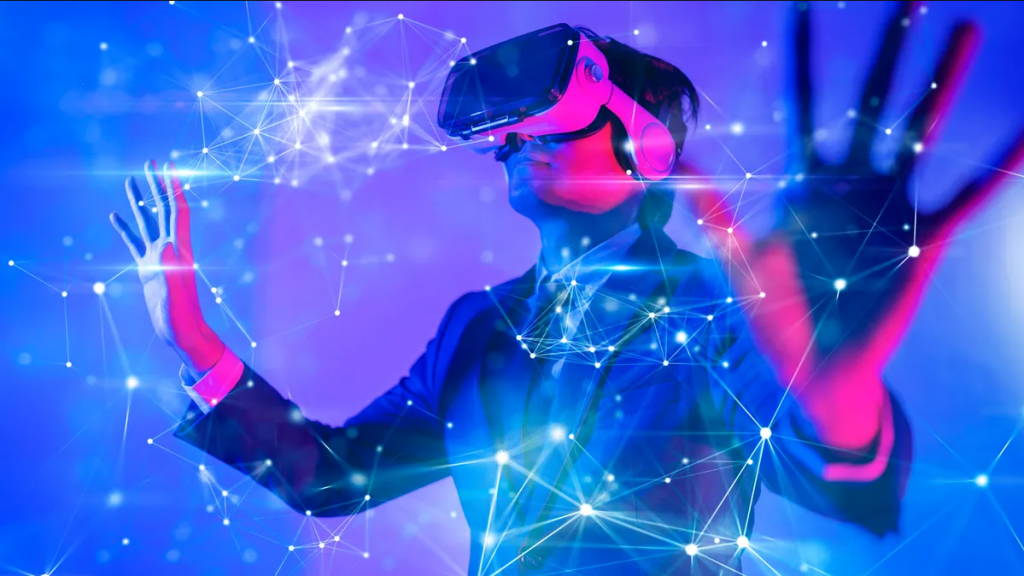
No more the uncertainty of having to take a chance on a hotel or destination based on the images or videos they choose to share online.
Have a short conversation with your AI-powered virtual assistant about the type of venue or property you are looking for and, within seconds, enjoy fully immersive tours giving 360-degree scopes of your potential choices.
The implications here for marketing teams within hospitality and many other sectors are huge. The online presence that most companies have been developing for the past 20 years or so – a combination of websites and social content – could be about to be blown up.
The expectations of the next generation of customer are likely to be much higher when it comes to presentation, insight and overview.
As the ‘metaverse’ develops and people become more familiar and comfortable spending time there, they will expect the companies and brands they interact with to also be present and active within this space.
The competitive advantage, as ever, is likely to go to the brands that are early adopters – time and financial investment spent now could pay rich dividends going forward.
The Human Factor
So, what of the humble human being in this technological upheaval?
Well, the good news for mankind operating within the hospitality sphere at least, is that this sector is likely to be more human dependant than others.
While it is entirely possible (if somewhat scary) to imagine this type of AI taking over huge swathes of sectors such as journalism, art, design and other creative production, it is harder to picture the same level of disruption within service-based industries.
To go back to our definition of hospitality and its reference to a “friendly and generous reception”, there seems to be an innate humanity to the qualities described here.

Ultimately, the debate will always come round to the philosophical discussion of what it is to be human and how far we can go to imitate these qualities artificially.
To put the question in its purest form, even if technology could perfectly replicate the human being, would the knowledge that we were interacting with an artificial entity affect our enjoyment, comfort or ease?
And, to flip the whole debate on its head, the more technology develops, perhaps the very quality or “authenticity” of being human will start to carry a higher and higher value.
So, for our young hospitality students, the future still carries much promise.
While competition from technology for certain roles and functions is sure to increase, the counterbalance to this may well be a greater appreciation for human interaction and service.
Hospitality, at its essence, has always been about people creating experiences, moments and memories for other people.
It will be fascinating to observe to what extent AI, VR and other technologies can enhance and compliment these services going forward; however, we remain confident that the beating heart of this industry will remain very much human…

